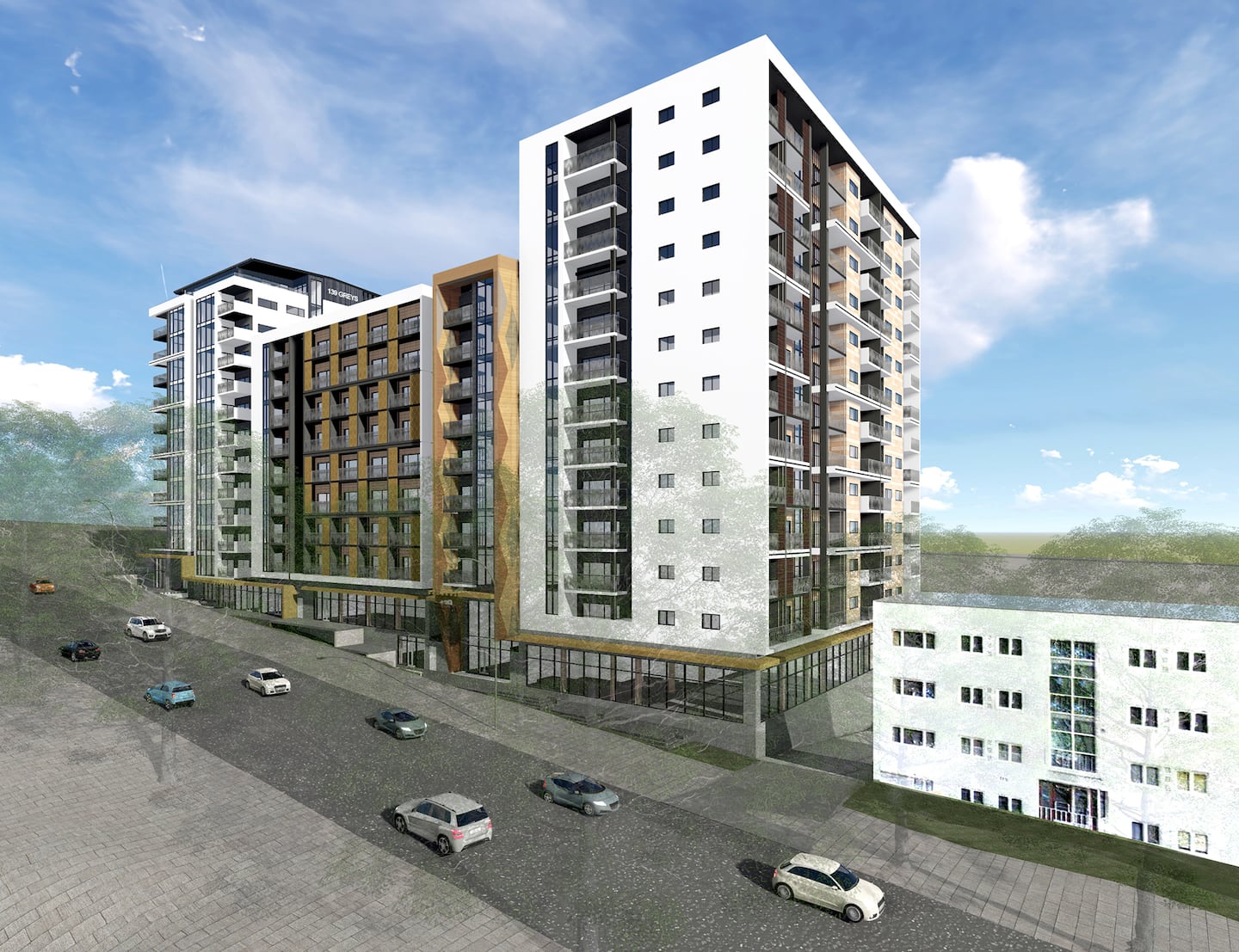OPINION
My Ngāti Whātua ki Tāmaki people understand better than anyone the importance of a kāinga, a home with connection to place and people.
It is our shared experience as a people, who went from a time of having complete domain over the whenua and harbours of central Tāmaki Makaurau, to becoming almost landless and enduring the immense loss of our ability to support each other and our sense of identity and purpose.
It is this collective memory and understanding that is a key driver to providing housing for our people, our kaumātua, and as has been announced most recently in a partnership between my iwi and Kāinga Ora to provide 200 apartments on Greys Ave mostly for our hardest to house in our city centre.
The tenants are also provided with 24-hour wrap around support and care, a whānau ora type approach, which is exactly the type of housing that is sorely missing in our great city.
It is our hope at least for the Māori tenants most of whom are from other regions, they find the support to re orientate them back to finding their way home - back to their ūkaipo, their motherlands and true selves should they yearn for that.
Surrounded by their people, landscape and stories of their ancestors which are etched in their hills and streams. Mātāwai, the name given to this new complex draws mauri from our ancient streams beneath in the Queen St valley but also points everyone to find their own headwaters again.
Much more housing on Māori land back in the regions is sorely needed to warm the meeting houses and villages across the country, however the housing system for whenua Māori continues to fail us.
It is our experience, that we need to scale up with more marae and hapū initiatives like our housing projects at our Ōrākei village to stem the flow of our Māori people who end up on the streets of our large cities. It should be clear to everyone of the severe consequences if whānau do not have a safe, affordable and warm place to go to. Without those basics, living a life creatively and fully is severely hampered.
Ngāti Whātua are driven by our understanding, our shared history and experience to do what we can to increase homes for our people, across ownership, rental and kaumātua whare.
A home brings reconnection, it makes us a part of something bigger than just ourselves. In recent weeks and months the city centre - gifted by my ancestor Apihai Te Kawau to Governor Hobson in 1840 to establish our city - has seen many ups and downs, tragedies and triumphs.

The CBD flanked by ancient pā sites Okā in the west and Taurarua in the east with freshwater springs and streams still flowing if you know how and where to look has for time immemorial supported its inhabitants to flourish.
Sharemarket crashes, wharf strikes, pollution, fear of inner-city crime and the preference for private automobiles leading to urban sprawl have all hit the CBD over the decades, since the whenua was gifted. Harsh Covid lockdowns decimated the once vibrant and energetic streets and lanes whilst revealing a widened social gap. Despite this the CBD remains an attractive place to work, invest, play and increasingly a place for more people to live.
In recent weeks it has felt like the city is again getting its energy and vibrancy back as managers and business owners rebuild their team culture and the anchor streets of Queen and Quay become less cluttered by road cones.
Many years ago, Waiatarau, the beautiful bay with its shimmering waters at what is now Victoria Park became concentrated with the working classes who fled the over-crowding and greyness of Great Britain.
Our ancestors renamed the place Waipiro Bay - Alcoholics Bay. Our people were once teetotallers and far more literate in both te reo Māori and English than the recently arrived.
After 183 years, despite a promising start to our city, our Māori people now feature strongly in all the worst measures of the urban social fabric. We understand the importance of learning from our past, so that we do not repeat it.
We encourage those who now share our homelands with us, to also join with us in learning from the past and doing what we can to help those most in need and into warm, affordable homes and kāinga.
Ngarimu Blair is the deputy chair of Ngāti Whātua Ōrākei Trust.


